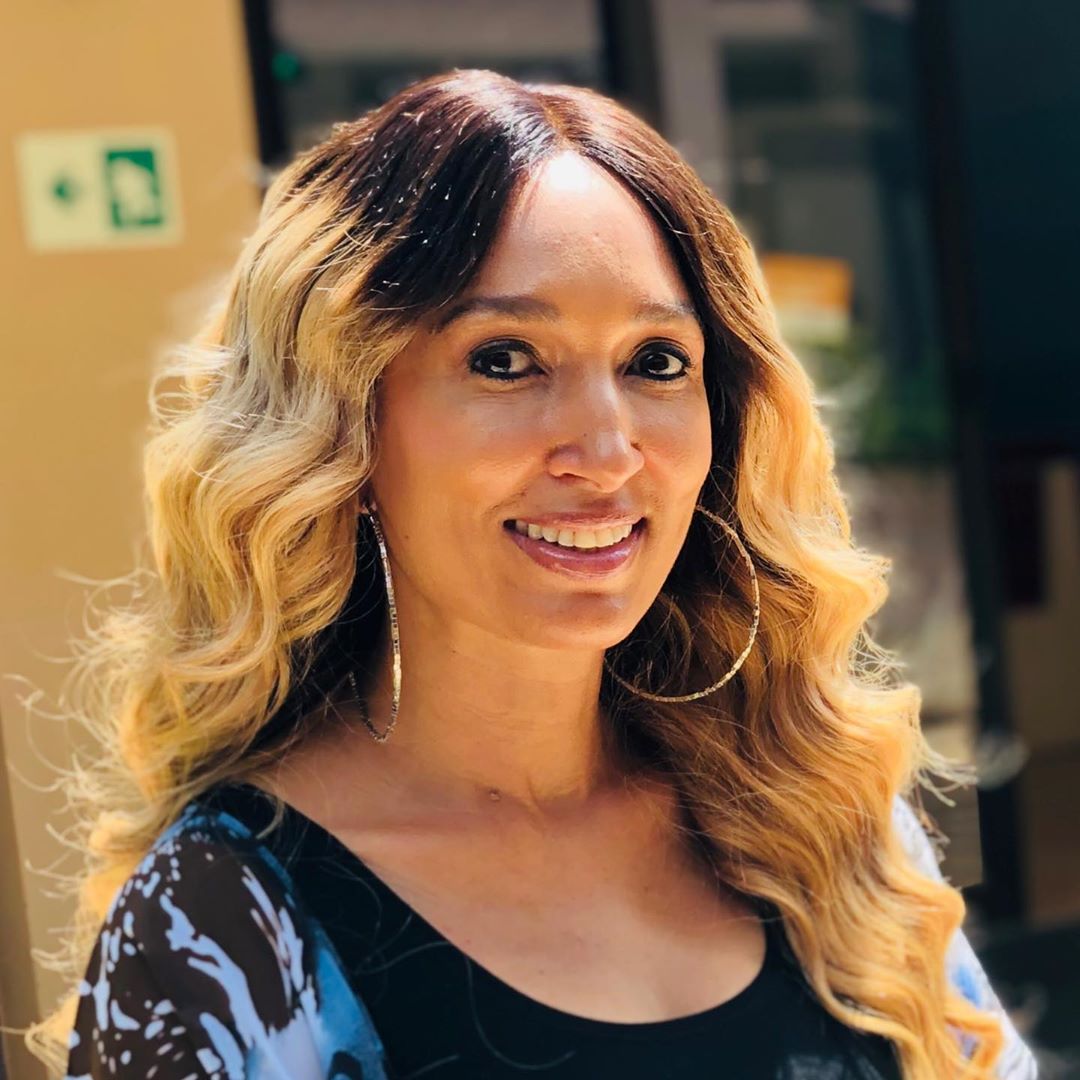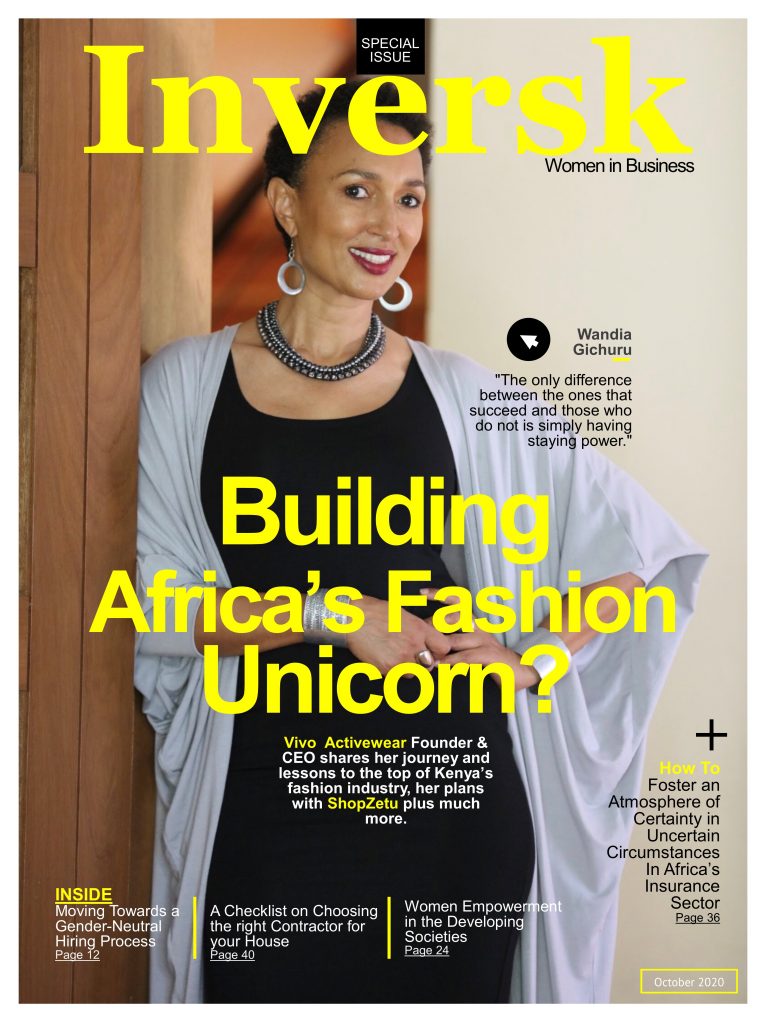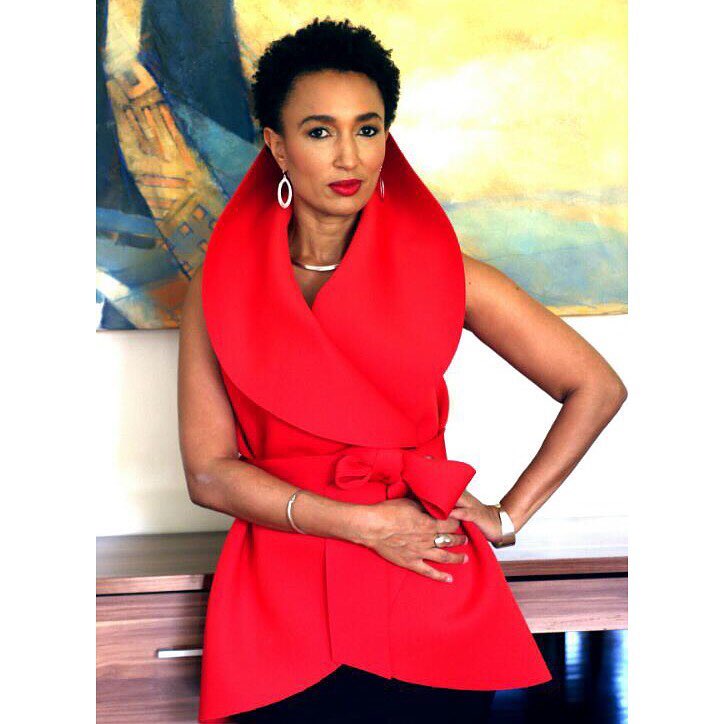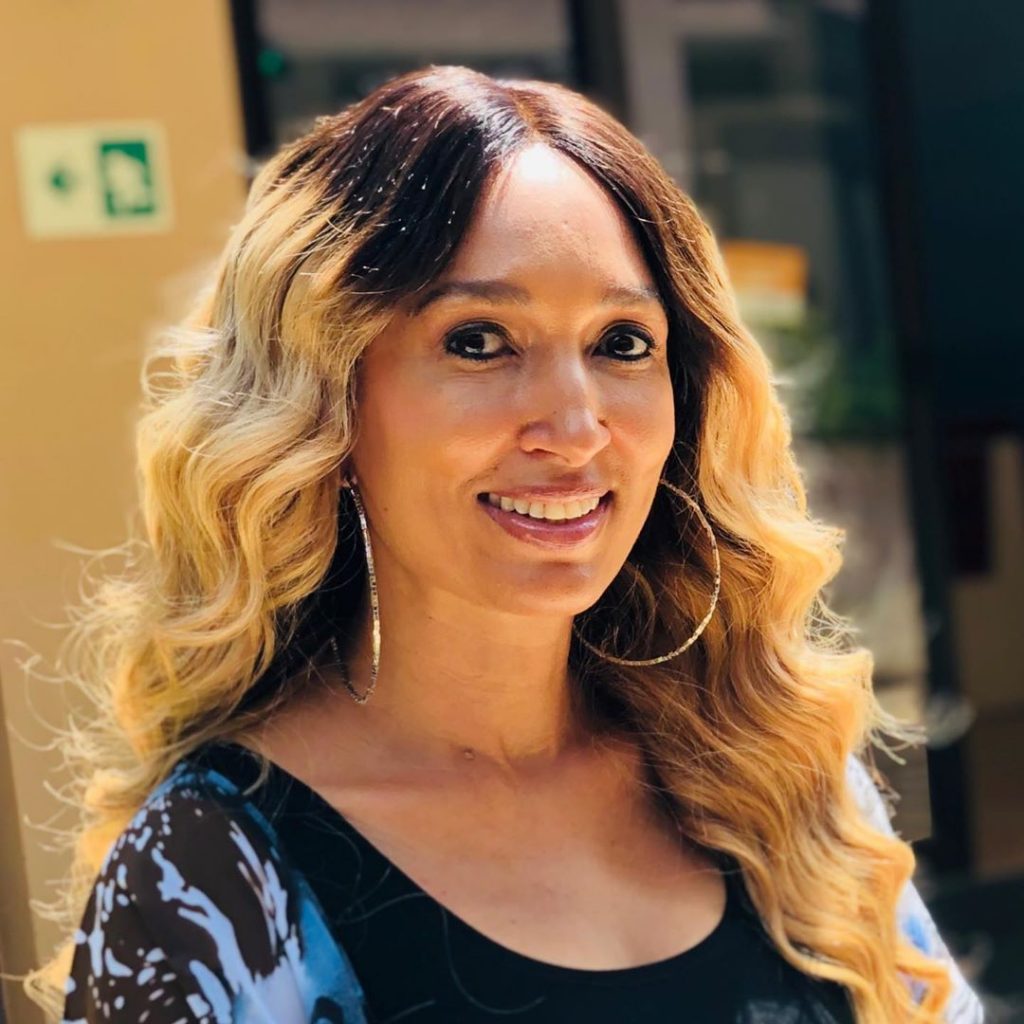Entrepreneurs
Wandia Gichuru’s Journey to Building Vivo Activewear, her Advice on Business Plus Much More

Entrepreneur Wandia Gichuru is no stranger to the Kenyan business scene, the CEO of Vivo Activewear participated as an investor in the KCB Lion’s den – the Kenyan version of popular Shark Tank and has appeared in many local and regional conferences as a speaker.
The company she co-founded, Vivo Activewear, is one of the few African fashion brands dominating the fashion scene. She also started Shop Zetu, a marketplace dedicated to fashion and beauty accessories.
The Stanford Economics graduate has been able to turn Vivo the brand into a household fashion name for the last 9 years – growing presence it into more than 11 retail centers within the country.
Before she started Vivo, Wandia was born in Canada from a Kenyan father, a civil servant, and a Canadian mum – a school teacher. She was the only girl in a family of four.
In her early life, she worked in the corporate world for twenty years. It is then that she picked skills in project management, budgeting, public relations, strategy development, and presentation skills among others. She also developed her interest in people. “I am interested in people,” she told Inversk’s Kimani Patrick during the interview for this feature, “so when I was in international development I wasn’t motivated to work by just making money. I think making money is great but as a result of something you enjoy.”

She attributes herself to being the woman she is today because of her parents. Her mum gave her a lot of freedom in terms of expression consequently made her be expressive and confident. However, on the downside, Wandia “struggled with extreme forms of structure and wished she was exposed to discipline and structure in her childhood.”
Wandia had to be trained as a life coach and in the process, she was coached to knowing and being attuned with herself – developing her purpose. To her, “purpose statement is being a loving light that wakes people up to their power: power meaning recognizing you are making choices at every step of every day.”
Starting Vivo
Initially, Vivo was birthed from the passion for fitness and dance. Together with co-founder, their intention was to offer products around that concentration.
“We started doing salsa and hip hop, and because we were serious, we started looking for proper gear. That’s when we realized if we were looking for this, so maybe other people are looking for this.”
She and her co-founder started looking for suppliers and started distributing flyers to schools and dance classes where people needed the gear. The market responded, and people wanted to try on the clothes therefore, her home became her first office.
Vivo, which means being alive, was officially born and now has 14 retail outlets in Kenya. However, Vivo pivoted in 2013 when it started designing and manufacturing their own clothing. This resulted in freedom in design and tailor-made their fashion to the sizes and colors that would fit the market.
Wandia recognizes in her career path she was mentored by people she knows and those she reads and listens to online. Books like ‘Shoe Dog’ by Phil Knight- the founder of Nike edified her as an entrepreneur. It was through this that she realized all great businesses started small. It is from this that she advises that “there is no one way to start a business.” To her the most important aspect of being an entrepreneur is “being clear about the product or service, target consumers, the problem it is solving, competition (both current and future), and how much you are to charge for it. The market will eventually tell you if you are on the right track. She therefore adds, it is important to be agile and adapt to the market.”
“As a CEO, prioritizing is quite hard since everything looks urgent and important.” Wandia finds that writing things down and scheduling them in a diary is helpful. At work, she introduced Google OKR (Objective and Key Results) framework, which helps them in writing down targets, milestones, and giving everything time-bound and measurable results. This also helps her and her employees to have clarity in what they want to achieve and makes them accountable.

“There will only ever be 24 hours in a day, and several of those must be taken up by eating and sleeping. So when you start to allocate your time, you quickly realize that you can’t do everything.”
Being raised as the only girl in a family of boys, Wandia has known to stand up to bullying. As a result, she finds that her being a woman should not be an impediment. Regardless, Wandia acknowledges that sometimes it is easier and beneficial for women, as they can ask for help when they need it. There are also programs and opportunities specifically designed for young women entrepreneurs.
Like any other entrepreneur, Wandia calls out women who are looking for investors to have tried and proved their concept before pitching the idea. Try to be confident, approach your investors courageously, show your commitment, and be ready to answer any questions especially about the numbers. Being an Investor herself, Wandia admits a woman who pitches her idea courageously will stand out however, no one will invest because of being a woman.
Her outgoing message for all women entrepreneurs is “Work hard. Persevere. Don’t let the haters get to you. Make being a woman become your superpower.”
Wandia’s Advice on Building a business:
According to Wandia, major mistakes done by most entrepreneurs are not doing enough research, not understanding the value of their proposition and to know how numbers work. There are a lot of businesses that are making lots of work or sales with no profit, it is therefore important to be keen on your numbers from day one.
“The only difference between the ones that succeed and the ones that don’t is simply having staying power.” However, Wandia warns that not all businesses are scalable and therefore if you want to grow your business you have to grow it in a specific way. An example she gives is that of selling amazing freshly baked cookies. In the instance, you are the only one who can bake and prefer to sell from your house. The business wouldn’t be as big, instead, you will require to train a group of people to bake the cookies and look for distribution partners to widen your market.

Wandia advocates that anyone in business should think about their branding by giving it a look and a feel. “Get people to connect with your brand at a personal level, by creating social media pages and sharing interesting content.”
What’s next for Wandia?
Wandia’s passion for building up local entrepreneurs started and is continuing to build up the Shop Zetu. This is an online market platform where local and international brands have their products on sale to cater to consumer needs. They are also working and excited to introduce a new brand called Zoya which includes loungewear, athleisure, and fitness wear and streetwear products.
Feature done by Kimani Patrick with Debbie Mumbi







